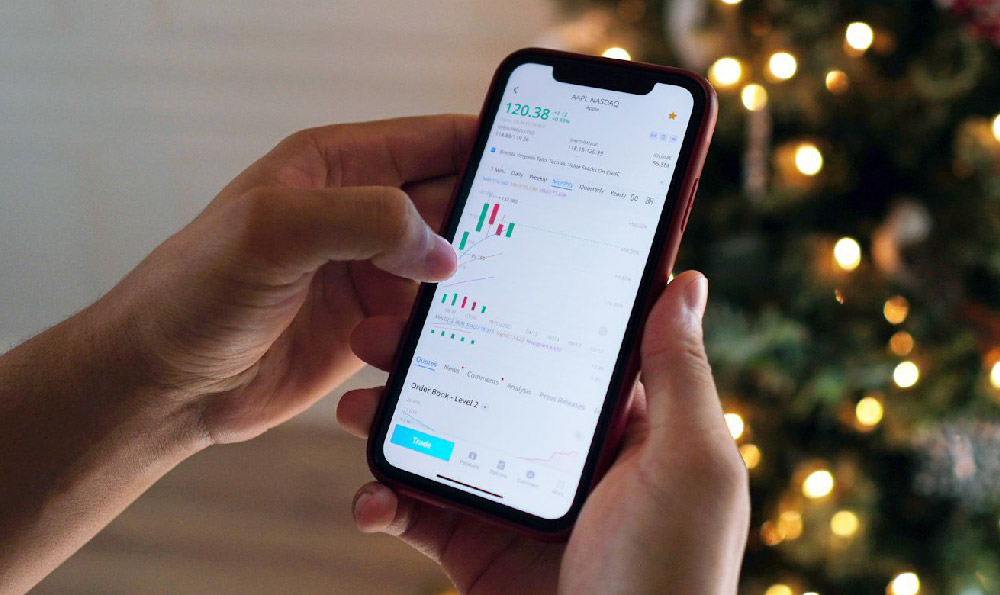Do Olympians Earn Money? Analyzing Athlete Income Sources and Compensation

Olympians are among the most celebrated athletes globally, but the question of whether they earn money is often complicated by the nature of their careers. While some athletes may achieve financial stability through their achievements, others struggle with the economic realities of professional sports. This analysis explores the various income streams that support Olympians, the role of compensation in their journey, and how these factors intersect with broader trends in the sports industry.
The financial landscape for elite athletes is nuanced, as their income is not solely dictated by athletic performance. Many Olympians receive stipends or subsidies from national governing bodies, which can vary significantly depending on their country's investment in sports development. For instance, in countries with robust athletic programs, such as the United States or Russia, athletes may receive substantial support to cover training expenses, equipment costs, and living allowances. However, in nations with limited resources, these funds are often meager or nonexistent, forcing athletes to seek additional sources of income to sustain their careers. This disparity highlights the importance of systemic support in enabling athletes to pursue their craft without the burden of financial insecurity.
While traditional salaries are a key component of an athlete's earnings, they are typically modest compared to the potential income from ancillary activities. For example, top-tier Olympians might receive a base salary from their national team, but this amount can be eclipsed by their commercial endeavors. Many athletes leverage their global recognition to secure lucrative endorsement deals with brands that align with their image or niche. The appeal of such partnerships lies in the athlete's ability to attract attention, with some earning millions annually through high-profile sponsorships. The message here is clear: financial success is more attainable for those who can monetize their celebrity status beyond the confines of the competition arena.

The relationship between athletic performance and economic reward is not linear. While winning medals can open doors to financial opportunities, the difference in income between gold and silver medalists is often minimal. This is because the majority of an athlete's earnings come from factors other than their results, such as brand deals, social media presence, and media rights. For example, a swimmer who wins a gold medal might earn a substantial amount through sponsorships, while an athlete who also wins gold but has a less prominent public profile might struggle to secure similar deals. This underscores the importance of building a personal brand alongside athletic excellence.
Beyond traditional compensation, Olympians often engage in activities that generate income. These can include media appearances, hosting events, and producing content. For instance, some athletes leverage their global platform to enter the entertainment industry, while others monetize their expertise by offering training programs or fitness coaching. The sports industry is increasingly recognizing the value of athletes as influencers, with some brands paying for their presence on social media platforms. This shift reflects the broader trend of athletes becoming multifaceted individuals who can generate revenue from a variety of sources.
The economic challenges faced by Olympians are often overlooked, as public perception may focus solely on their achievements. Many athletes work part-time jobs or engage in side hustles to supplement their income, especially during periods of inactivity or when they are not competing at the highest level. For example, some athletes may work as coaches, while others take on roles in sports media or fitness consulting. These activities not only provide financial stability but also help athletes maintain their relevance and visibility in the sports world.
The financial success of Olympians is also influenced by their ability to navigate the commercial opportunities available. This requires a strategic approach to branding and marketing, as well as a deep understanding of the market dynamics that shape their earning potential. For instance, athletes who are more marketable may have access to exclusive deals, while others may need to build their reputation through consistent performance and public engagement. The importance of this skill is evident in the careers of athletes who have managed to secure a lasting financial legacy, even after retiring from competition.
In conclusion, the financial reality of Olympians is a mix of traditional and non-traditional income sources, with their success depending largely on the opportunity to monetize their public profile. While the majority of their earnings come from commercial activities, the underlying fundamentals of athletic performance and compensation remain crucial. This exploration of athlete income not only sheds light on the complexities of their financial lives but also highlights the importance of building a diverse portfolio of income streams to ensure long-term stability.















